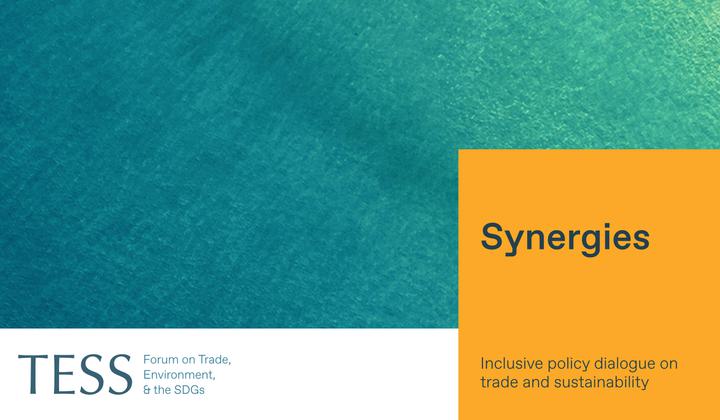The implementation of obligations arising from an international legally binding instrument to end plastic pollution requires large-scale mobilization of both public and private resources and finance.
In the intersessional period ahead of the fourth session of the Intergovernmental Negotiating Committee on Plastic Pollution (INC-4) that will take place from 23 to 29 April 2024 in Ottawa, Canada, an improved understanding of the scope of resource mobilization and financing needs, the range of their potential sources, and options for financial mechanisms and related decision-making methods will support governments and stakeholders to advance negotiations and secure an ambitious outcome.
TESS in collaboration with the Geneva Environment Network hosted this webinar with the aim to provide governments and stakeholders a holistic overview of options and pathways for mobilizing resources and financing for effective treaty implementation, systems change, and the just transitions required to end plastic pollution.
Agenda
Welcome & introduction
- Carolyn Deere Birkbeck, Executive Director, TESS
Panelists
I. Mobilizing Resources and Financing for Treaty Implementation
Scope of resource mobilization and financing needs for treaty implementation across the life cycle of plastics
- Mahesh Sugathan, Senior Policy Advisor, Forum on Trade, Environment & the SDGs (TESS)
Experiences with existing MEAs: A diversity of approaches, options and mechanisms harnessing domestic and international resources
- Elena Cima, Lecturer, International Environmental Law, University of Geneva
Options for financial mechanisms, including options related to multilateral funds, hybrid approaches, coordination and decision-making on resource allocation
- Tim Grabiel, Senior Lawyer & Policy Advisor, Environmental Investigation Agency (EIA)
II. Implementing the Polluter Pays Principle
Extended Producer Responsibility
- Ambrogio Miserochhi, Policy Manager, Ellen MacArthur Foundation
Extended Producer Responsibility - Lessons from developing country experiences and challenges
- Soumyajit Kar, Lead, Sustainable Trade, World Economic Forum
Fee on primary plastic production
- Dominic Charles, Deputy Director, Plastics, Minderoo Foundation
III. Private Finance Partnerships and Resources
Aligning private finance and investment with treaty goals: banks, insurers, investors
- Peggy Lefort, Pollution and Circular Economy Lead, UNEP Financial Initiative and Gizem Lange, ProCredit Group, Finance Leadership Group on Plastics
IV. Public Finance and Resources
Aligning public spending with treaty goals - removing harmful incentives and promoting positive incentives
- Diana Barrowclough, Senior Economist, UNCTAD
Implementing a Treaty to End Plastic Pollution: A Holistic Approach to Resource Mobilization & Financing for Systems Change & Just Transitions
You can view this video of the webinar ahead of INC-4.






